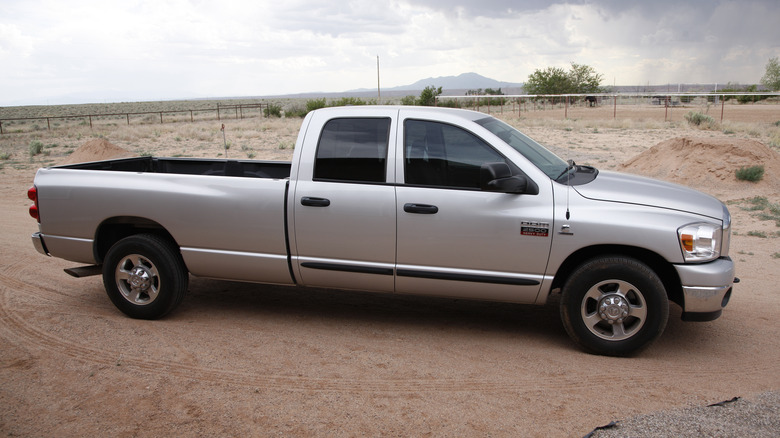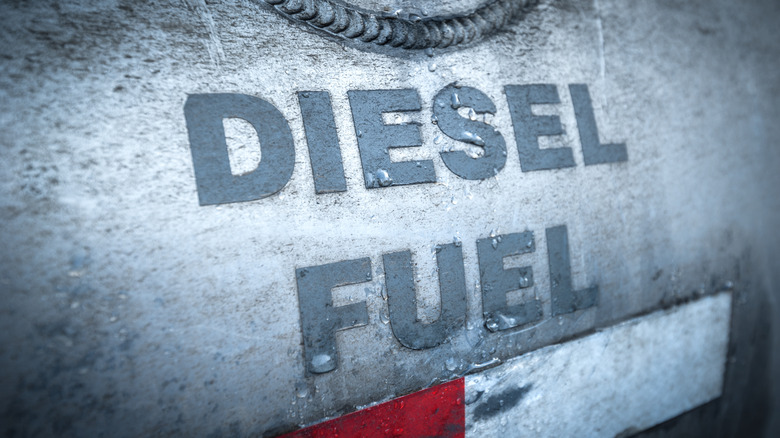Do Diesel Engines Actually Last Longer Than Gas Engines?
Both diesel and gasoline engines burn fuel to produce power, but they do it in different ways. While a gas engine uses spark plugs to ignite the air/fuel mix, diesels have no spark plugs and rely on fuel injection to initiate compression ignition, injecting the fuel after compressing the air and allowing the mixture to self-ignite.
Moreover, gasoline burns faster, whereas diesel fuel is thicker, burns slower, and does not evaporate as quickly, enabling it to produce 20% more energy in every piston stroke. The slower release of power creates more torque and less stress on the motor, and it's part of the reason a typical diesel engine lasts longer than a high-stress, high-revving gas engine.
Most modern gas engines need an overhaul or rebuild every 200,000 miles or 10 years on average, with some requiring major repair work after hitting the 150k mark. On the other hand, the average lifespan of a diesel engine is almost double that of a gasoline one, with some reaching upwards of 350,000 miles on the odometer before needing a rebuild.
Why diesel engines last longer than gas engines
Yes, diesels last longer than gas engines, but it's mainly due to its manufacturing. A typical diesel engine is bigger, heavier, and has sturdier components to withstand the higher compression ratios. It has beefier camshafts and crankshafts, reinforced bearings, and larger main bolts than a gas engine. Furthermore, diesel engines have a mostly gear-driven design and have fail-safe components for cooling, timing, and other ancillaries.
The sizable internals enable better oil flow, protecting the engine from excess friction during cold starts or heavy-duty applications. Meanwhile, diesels have oil jets that spray oil under the pistons to maintain sufficient lubrication at any rpm.
But a large part of what makes a diesel engine last longer than gas is the lubricating and cooling properties of diesel fuel. Besides helping to reduce wear and tear, diesel fuel has a lower auto-ignition temperature than gas, and most diesels operate at a leaner air/fuel ratio. And since diesel is more energy-dense than gas, it doesn't need to spin at 6,000 rpm to produce thrust, with most diesel engines achieving peak torque at a lower engine speed.
The low-rpm properties of a diesel equate to less wear and tear on the pistons, piston rings, cylinder walls, and valves. Of course, no diesel engine would reach 500,000 miles without judicious maintenance. Sticking to the manufacturer's recommended service requirements is the key to making any engine last longer. When in doubt, refer to the owner's or service manual to know when to change your diesel rig's oil, air filter, fuel filter, transmission oil, and coolant.


